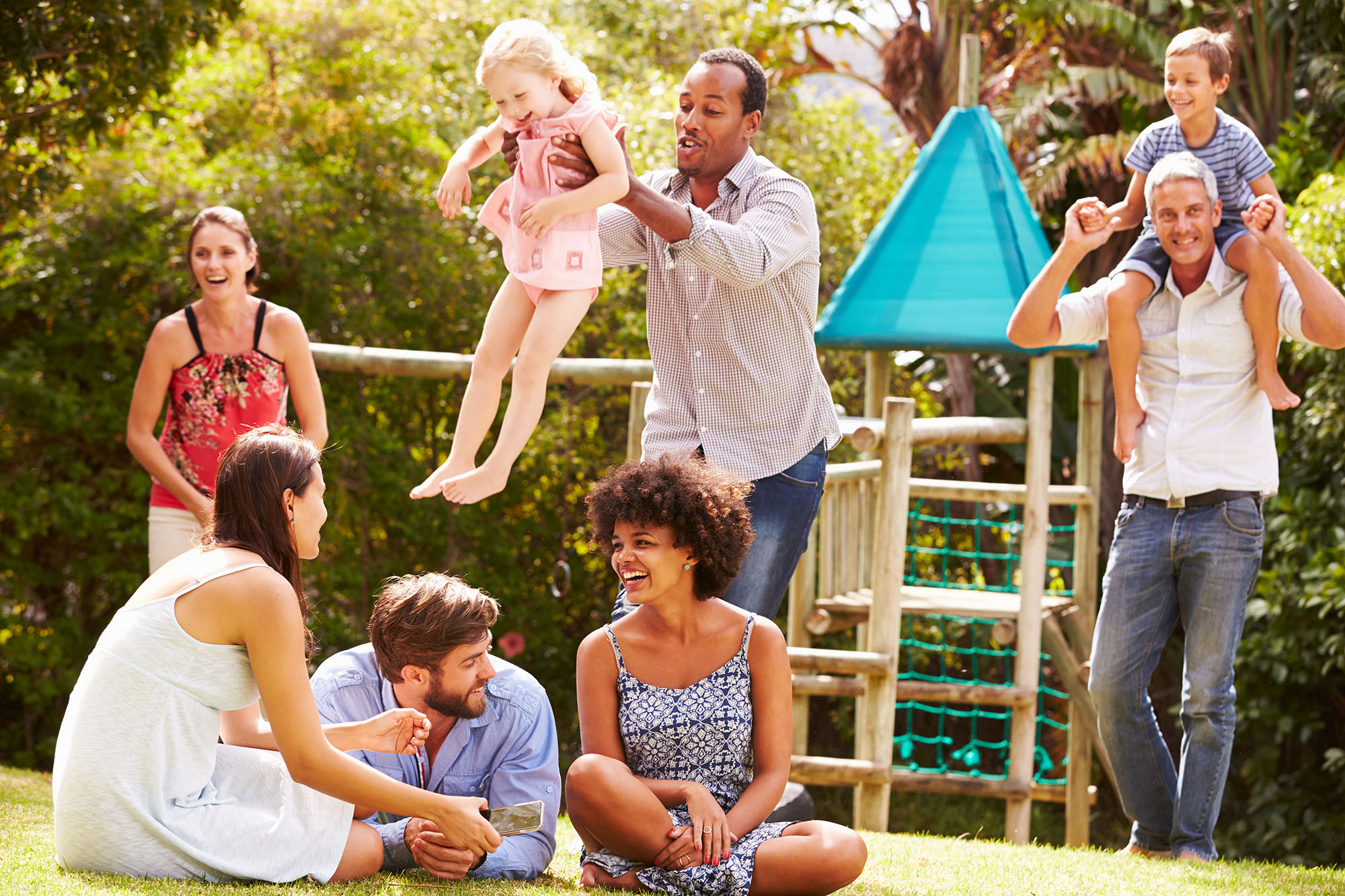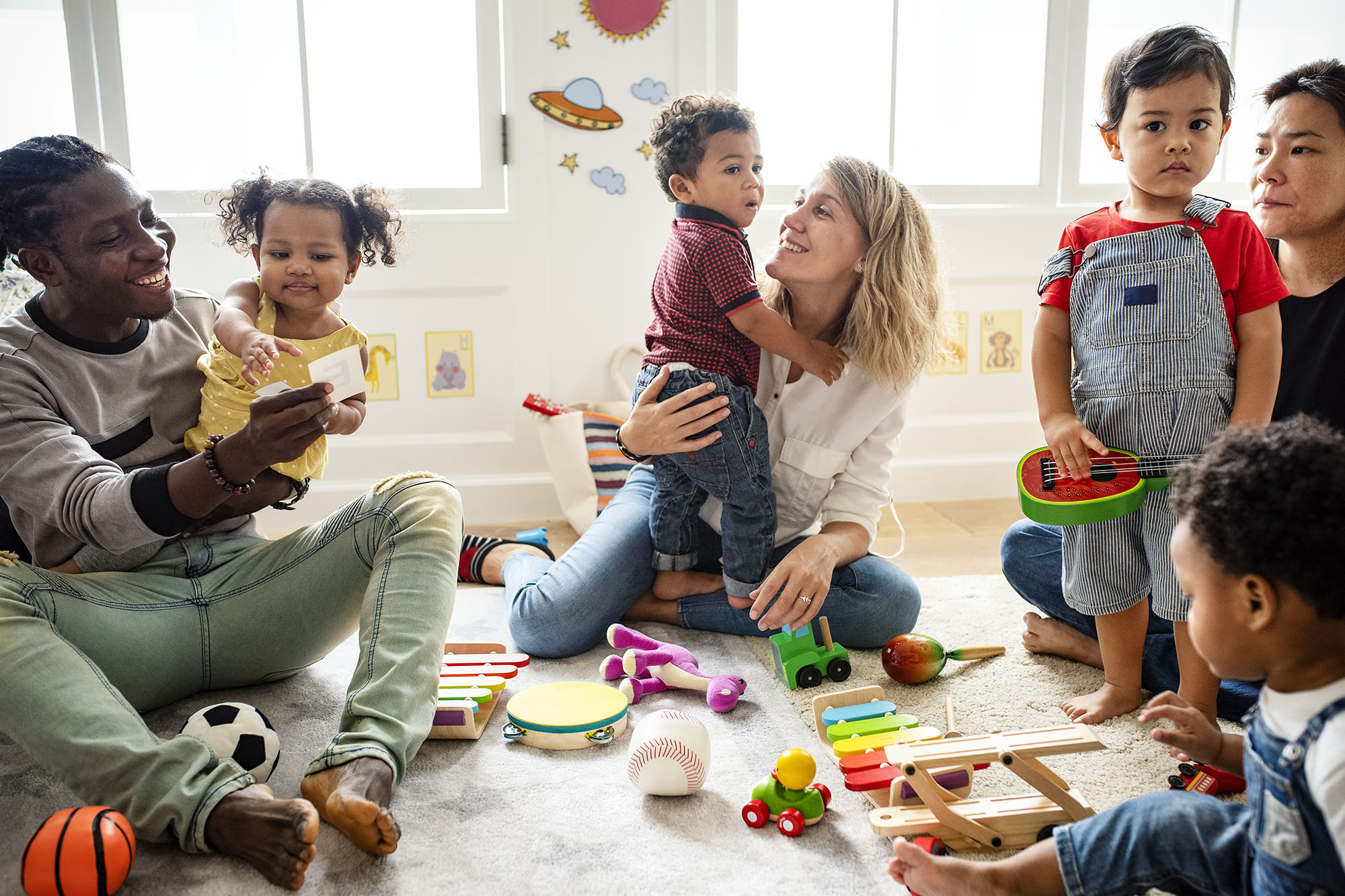Making and Modeling Healthy Social Connections

Your child can grow up healthy and happy when you have sources of emotional support and practices of self-care. Getting the emotional support you need can make you a more resilient parent. Just like your child needs support, relying on people in your network for different kinds of support can be a valuable source of comfort and guidance for you. You might need a sympathetic listening ear, a helpful advising voice, or a comforting shoulder to lean on. While everyone has different needs, remember that you are not alone on this journey. Finding help and support is possible, and it doesn’t need to take a lot of your time.
Remember that when you take better care of yourself and make the time to get the support you need, your children will benefit, too.
Your job as a caregiver will feel a little easier when you reach out to your family, friends, and community for support. Remember that when you take better care of yourself and make the time to get the support you need, your children will benefit, too. Here are some ideas to help you do just that.
1
Prioritize and make time for healthy social connections with other parents and friends.

Creating close and supportive personal relationships helps with your physical and mental well-being, reduces stress, and increases your resilience.
You don’t need to have a lot of people in your life or make a lot of time to maintain your connections with others. There may only be a couple people in your circle — as long as they keep you positive and help you grow stronger, healthier, more aware, and more connected with your values. Here are some ways to help you get started:
- Create small pockets of time to join a virtual gathering with friends.
- Call your neighbors to check-in with them. Host a neighborhood family event or offer help for a neighbor in need.
2
Connect with local groups and organizations in your community.

Your family is probably already part of a few communities. That might be a neighborhood, a school community, or a religious or spiritual community. You can continue to build positive social connections and support by finding common ground with people in your shared communities.
For instance, you might connect with other parent communities that get what it’s like to be a caregiver. Check out community events for families, participate in a local PTA event, or visit your child’s school resource fairs. Stay a little longer after your child’s rehearsal or practice to connect with other parents.
You might also join groups and community organizations that share your interests and values, or that host activities you’d enjoy doing with your child. This might be your local library, family resource center, or neighborhood association.
Connecting with a community may be easier than you think and is totally worth the effort.
3
Model what positive and supportive relationships look like.

Positive, supportive relationships help you be the best caretaker you can be. They lighten the load of your caretaking journey. And this also benefits your child in many ways.
With a community of support for yourself, your child can spend time with other caring, trusted adults. This includes extended family members, friends, mentors, or other members of your family’s community. And when you feel better cared for and supported, your child will learn how to make more positive and supportive connections with other people.
Their support circles will be larger. They’ll probably be involved with the positive activities that you’re involved with and benefit from them. You’ll be a happier, healthier caregiver for them, too.
Caretaking means that you show up every day to provide many kinds of support for your child. Like them, it’s important for you to have positive, supportive connections with other people. Just like a plant needs the right amount of water, sunlight, and fertilizer to grow, you need the right balance of support and nurturing from your community to get stronger, too. Connecting with trusted family, friends, and communities of support can make all the difference to ensure you and your family can lead happier and healthier lives.



